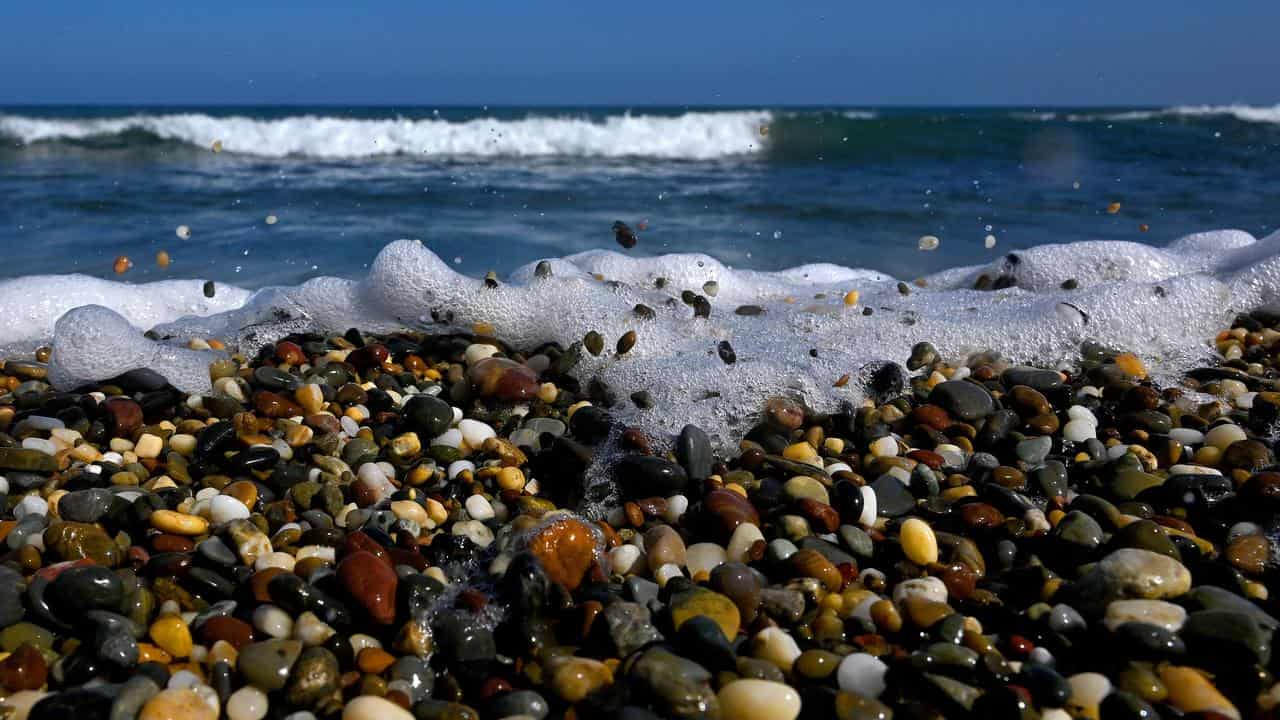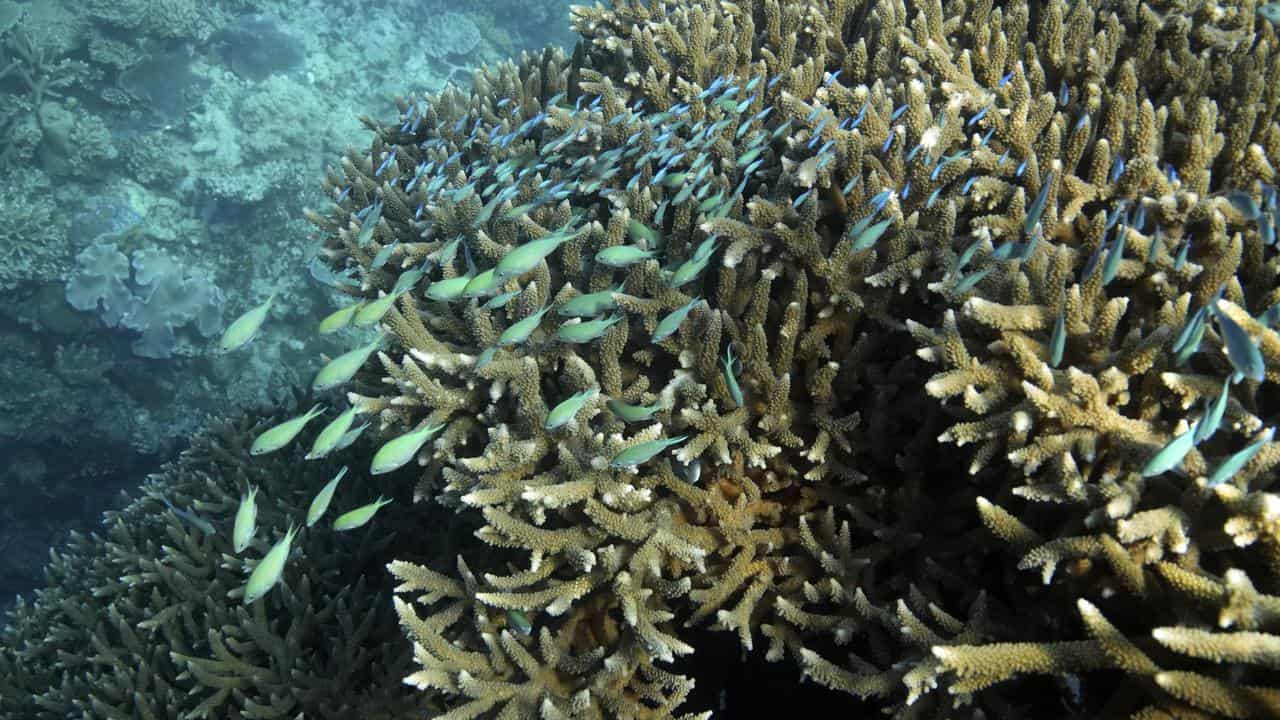
Australian oceans are feeling the burn of climate change, but they could also form part of the solution.
The federal government on Friday released a draft of Australia's first national plan to manage ocean health as environmental and commercial pressures weigh on the marine biome.
"We are at a tipping point," the draft report said, using the refrain of much recent research into climate change.
"The ocean and climate are inextricably linked, each highly dependent on the other.
"Climate change is one of the greatest threats to ocean health and the growth of our sustainable ocean economy."

The marine sector is lagging 10 to 20 years behind agriculture in terms of climate preparedness and response, the 2021 State of Australia's Environment report found.
However, actions centred around oceans could deliver up to a fifth of the greenhouse gas emissions cuts needed to limit global temperature rises to 1.5C by 2050.
The draft Sustainable Ocean Plan proposes improving decarbonisation efforts in shipping and maritime transport, enabling offshore renewable energy and harmonising regulations to improve the sustainable use of natural resources.
Indigenous knowledge and interests would also be prioritised in recognition of Aboriginal and Torres Strait Islander people's connection with the sea and country.
Environment Minister Tanya Plibersek said the plan would put Australia at the forefront of ocean conservation.
"Australia’s prosperity relies on healthy and sustainably managed oceans, and we all have a role to play to make sure we are ready to tackle the challenges of climate change while boosting investment in ocean protection," she said.
The Sustainable Ocean Plan is open for consultation and will be discussed at the 2024 Global Nature Positive summit in Sydney.
It is part of the government's commitment to sustainably manage 100 per cent of the national ocean by 2025.
Australia's oceans are home to more than 33,000 recorded marine plant and animal species and help support more than 460,000 jobs, bringing $118 billion to the economy.
But global warming has continued to endanger Australia's ocean ecosystems, with the Great Barrier Reef experiencing its fifth mass bleaching event in eight years during the 2023-24 summer.









